Product Overview
Biotin / Finasteride / Minoxidil Capsules are compounded oral preparations intended to address androgen-driven and nutritional contributors to hair loss by uniting a keratin-supporting vitamin, an enzyme-blocking 5-alpha-reductase inhibitor, and a vasodilatory prodrug that augments follicular blood flow. Created on an individual-prescription basis in compliance with section 503A of the U.S. Federal Food, Drug, and Cosmetic Act, the formulation must be dispensed only when the prescriber-patient-pharmacist relationship is documented and prepared according to current USP standards for non-sterile dosage forms.[1]
Finasteride has been evaluated for more than thirty years and remains the benchmark oral agent for reducing scalp dihydrotestosterone; pharmacokinetic profiling shows rapid absorption, extensive hepatic metabolism, and a seven-hour terminal half-life, yet enzyme occupancy suppresses circulating dihydrotestosterone for several days, supporting once-daily dosing.[2]
Minoxidil, originally an antihypertensive, gained topical approval after hypertrichosis was observed in treated patients. Contemporary media and multicenter datasets highlight low-dose oral minoxidil as a convenient alternative that delivers systemic exposure and comparable efficacy with favorable tolerability when dosed in microgram-to-milligram ranges.[3]
Biotin (vitamin B7) functions as a cofactor for carboxylase enzymes important in fatty-acid synthesis and energy metabolism. Although frank deficiency is rare, marginal levels-particularly during pregnancy or in individuals on certain anticonvulsants-have been linked to brittle nails and diffuse alopecia, providing the rationale for its inclusion.[4]
Finasteride 2.5 mg in this combination maintains scalp dihydrotestosterone suppression and reflects low-dose protocols; steady-state occurs within three days, and at least three months of therapy are needed before assessing clinical response.[16]
Oral minoxidil 2.5 mg once daily balances efficacy with tolerability; prescribers may adopt alternate-day schedules for patients prone to hypotension, and gradual titration is encouraged.[17]
Finasteride is a competitive, mechanism-based inhibitor of steroid 5-alpha-reductase type II, preventing conversion of testosterone to dihydrotestosterone. In vitro studies demonstrate sub-nanomolar inhibition constants and high isozyme selectivity, explaining its scalp-selective action and minimal off-target androgen blockade.[5]
Minoxidil is converted by sulfotransferase to minoxidil sulfate, which opens ATP-sensitive potassium channels in vascular smooth muscle and dermal papillae, enhancing perfusion, prolonging the anagen phase, and up-regulating vascular endothelial growth factor. Additional data suggest modulation of prostaglandin synthesis and β-catenin signaling within follicles.[6]
Biotin’s role is indirect but essential: as a coenzyme for acetyl-CoA, propionyl-CoA, and pyruvate carboxylases it supports fatty-acid and amino-acid metabolism necessary for keratin infrastructure. Clinical benefit is primarily documented in patients with congenital or acquired biotinidase deficiency, indicating a threshold rather than dose-dependent effect.[7]
Finasteride is contraindicated in individuals with hypersensitivity to the compound and in women who are or may become pregnant; exposure during gestation can disrupt male fetal genital differentiation and crushed or opened dosage forms should not be handled by pregnant persons.[8]
Systemic minoxidil is contraindicated in pheochromocytoma, severe cardiac insufficiency, and uncontrolled hypertension, and its use during pregnancy is discouraged unless maternal benefit outweighs fetal risk; animal data show increased fetal resorption at high doses and cases of neonatal hypertrichosis after in-utero exposure.[9]
Finasteride is metabolized by CYP3A4; potent inhibitors such as itraconazole or fluconazole may elevate systemic exposure, and combined use with alpha-adrenergic blockers could accentuate postural hypotension-though clinically significant interactions remain uncommon.[10]
Minoxidil’s vasodilatory action may be amplified by other antihypertensives or supplements affecting vascular tone; N-acetyl cysteine, for example, has demonstrated potentiation of hypotensive responses, warranting blood-pressure monitoring when co-administered.[11]
Finasteride’s most frequent adverse events are decreased libido, erectile dysfunction, and diminished ejaculate volume (≈1-2 %); these effects typically abate with continued use, but persistent dysfunction has been reported, necessitating individualized risk-benefit evaluation.[12]
Low-dose oral minoxidil generally causes mild hypertrichosis; edema, reflex tachycardia, and dizziness are less common and dose-related. Randomized studies report high overall tolerability, yet baseline cardiovascular assessment and follow-up are prudent.[13]
Finasteride crosses the placenta and reduces fetal dihydrotestosterone; experimental primate data reveal external genital malformations in male fetuses, making finasteride absolutely contraindicated during pregnancy.[14]
Biotin requirements rise modestly in pregnancy (30 µg day⁻¹), and marginal deficiency is observed in up to one-third of pregnancies. Supra-physiologic supplementation is unnecessary and may confound immunoassays for thyroid or cardiac markers, complicating obstetric care.[15]
Store capsules at 20-25 °C (68-77 °F) in a tight, light-resistant container. Avoid humidity to preserve biotin potency and protect minoxidil from hydrolytic degradation; bathroom storage is discouraged.[18]
- U.S. Food and Drug Administration. (2014). Pharmacy compounding of human drug products under section 503A of the Federal Food, Drug, and Cosmetic Act (Guidance). https://www.fda.gov/regulatory-information/search-fda-guidance-documents/pharmacy-compounding-human-drug-products-under-section-503a-federal-food-drug-and-cosmetic-act
- Steiner, J. F. (1996). Clinical pharmacokinetics and pharmacodynamics of finasteride. Clinical Pharmacokinetics, 30(1), 16-27. https://doi.org/10.2165/00003088-199630010-00002
- Associated Press. (2025, Mar 21). This cutting-edge hair loss treatment is a repurposed drug from the 1990s. https://apnews.com/article/921b64565a1330ea3f78ff9f2c3b7b6d
- Health..com Editors. (2025, Feb 12). Biotin deficiency: Symptoms, causes, and treatment. https://www.health.com/biotin-deficiency-11700695
- Stoner, E. (1990). The clinical development of a 5-α-reductase inhibitor, finasteride. Journal of Steroid Biochemistry and Molecular Biology, 37, 93-97. https://doi.org/10.1016/0960-0760(90)90487-6
- Wikipedia contributors. (2025, Jun 30). Minoxidil. In Wikipedia. https://en.wikipedia.org/wiki/Minoxidil
- Patel, D. P., Swink, S. M., & Castelo-Soccio, L. (2017). A review of the use of biotin for hair loss. Skin Appendage Disorders, 3(3), 166-169. https://doi.org/10.1159/000462981
- Finasteride package insert. (2025, Apr 29). Professional prescribing information database. https://www.drugs.com/pro/finasteride.html
- Minoxidil pregnancy and breastfeeding warnings. (2023, Aug 9). Drugs.com. https://www.drugs.com/pregnancy/minoxidil.html
- Finasteride drug interactions overview. (2025). Drugs.com. https://www.drugs.com/drug-interactions/finasteride.html
- Staiger, B. (2025, Jun 29). N-acetyl cysteine-minoxidil interaction details. HelloPharmacist. https://hellopharmacist.com/drug-supplement-interactions/drug-herbal/n-acetyl-cysteine-nac-with-minoxidil
- Finasteride tablets USP 5 mg prescribing information. (2010). DailyMed. https://dailymed.nlm.nih.gov/dailymed/drugInfo.cfm?setid=c59f8018-fff8-4884-a3c8-bc306e2c8f64
- .Vañó-Galván, S., Pirmez, R., Hermosa-Gelbard, A., et al. (2021). Safety of low-dose oral minoxidil for hair loss: A multicenter study. Journal of the American Academy of Dermatology, 84(6), 1644-1651. https://doi.org/10.1016/j.jaad.2020.12.083
- Prahalad, H., Cina, R., & Berman, D. (1997). Effects of finasteride, a type 2 5-alpha-reductase inhibitor, on fetal development. Journal of Clinical Endocrinology & Metabolism, 82(5), 1434-1437. https://pubmed.ncbi.nlm.nih.gov/9143092
- Wikipedia contributors. (2025, Jun 30). Biotin. In Wikipedia. https://en.wikipedia.org/wiki/Biotin
- Finasteride tablets dosage and administration. (2023). DailyMed. https://dailymed.nlm.nih.gov/dailymed/fda/fdaDrugXsl.cfm?setid=be68c512-7985-47fa-a64b-6bac80bd9751
- Low-dose oral minoxidil improves hair density in androgenetic alopecia. (2024). Journal of the American Academy of Dermatology. https://doi.org/10.1016/j.jaad.2024.03.567
- Finasteride storage conditions. (2025). DailyMed. https://dailymed.nlm.nih.gov/dailymed/getFile.cfm?name=FINASTERIDE&setid=cc9709ce-2d29-48bd-b46b-3f72114f2527
- Rosen, C. (2024, Nov 6). Rogaine vs. Propecia: How are they different? Verywell Health. https://www.verywellhealth.com/minoxidil-vs-finasteride-8717200
- Kaufman, K. D., & Olsen, E. A. (2007). Finasteride in the treatment of men with androgenetic alopecia: Long-term results. Journal of the American Academy of Dermatology, 57(4), 609-618. https://pubmed.ncbi.nlm.nih.gov/16424293
- Allure Editors. (2018, Dec 27). The FDA just released a new warning about biotin supplements. https://www.allure.com/story/fda-warning-biotin-supplements
- Verywell Health Editorial Team. (2024, Oct 14). Expert-backed strategies for hair regrowth. https://www.verywellhealth.com/hair-regrowth-8745768
- Wikipedia contributors. (2025, Jun 30). Finasteride. In Wikipedia. https://en.wikipedia.org/wiki/Finasteride
- Wikipedia contributors. (2025, Jun 30). Pattern hair loss. In Wikipedia. https://en.wikipedia.org/wiki/Pattern_hair_loss
- Wikipedia contributors. (2025, Jun 30). Minoxidil sulfate. In Wikipedia. https://en.wikipedia.org/wiki/Minoxidil_sulfate
- Wikipedia contributors. (2025, Jun 30). Management of hypertension. In Wikipedia. https://en.wikipedia.org/wiki/Management_of_hypertension
- Swink, S. M., Patel, D. P., & Castelo-Soccio, L. (2020). Biotin for hair loss: Teasing out the evidence. Journal of Clinical and Aesthetic Dermatology, 13(7), 46-52. https://jcadonline.com/biotin-for-hair-loss-evidence/
- Song, Y., Chin, Z. W., Ellis, D., et al. (2018). Stability of an extemporaneously compounded minoxidil oral suspension. American Journal of Health-System Pharmacy, 75(5), 309-315. https://doi.org/10.2146/ajhp160457
When will I see results?
Reduced shedding often appears by three months, with visible thickening by six to nine months.[19]
Do the capsules work for women?
Finasteride is contraindicated in women of child-bearing potential, but post-menopausal women may benefit under specialist care.[20]
Can biotin affect lab tests?
High-dose biotin may distort immunoassays; suspend use 48 hours before blood draws.[21]
What side effects warrant attention?
Report facial swelling, tachycardia, dizziness, or sexual changes promptly.[22]
Is lifelong therapy required?
Stopping treatment usually leads to renewed follicular miniaturization within a year.[23]
Can I add topical treatments?
Combination regimens with topical minoxidil or ketoconazole show additive benefits.[24]
Why mention minoxidil sulfate?
Follicles must convert minoxidil to the sulfate ester; variability in sulfotransferase activity explains differing responses.[25]
Should blood pressure be monitored?
Yes-baseline and periodic checks detect rare hypotensive reactions.[26]
Do I need extra biotin tablets?
Unless deficiency is documented, additional supplementation confers no proven advantage.[27]
Disclaimer: This compounded medication is prepared under section 503A of the U.S. Federal Food, Drug, and Cosmetic Act. Safety and efficacy for this formulation have not been evaluated by the FDA. Therapy should be initiated and monitored only by qualified healthcare professionals.
503A vs 503B
- 503A pharmacies compound products for specific patients whose prescriptions are sent by their healthcare provider.
- 503B outsourcing facilities compound products on a larger scale (bulk amounts) for healthcare providers to have on hand and administer to patients in their offices.
Frequently asked questions
Our team of experts has the answers you're looking for.
A clinical pharmacist cannot recommend a specific doctor. Because we are licensed in all 50 states*, we can accept prescriptions from many licensed prescribers if the prescription is written within their scope of practice and with a valid patient-practitioner relationship.
*Licensing is subject to change.
Each injectable IV product will have the osmolarity listed on the label located on the vial.
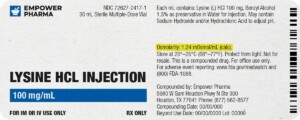
Given the vastness and uniqueness of individualized compounded formulations, it is impossible to list every potential compound we offer. To inquire if we currently carry or can compound your prescription, please fill out the form located on our Contact page or call us at (877) 562-8577.
We source all our medications and active pharmaceutical ingredients from FDA-registered suppliers and manufacturers.

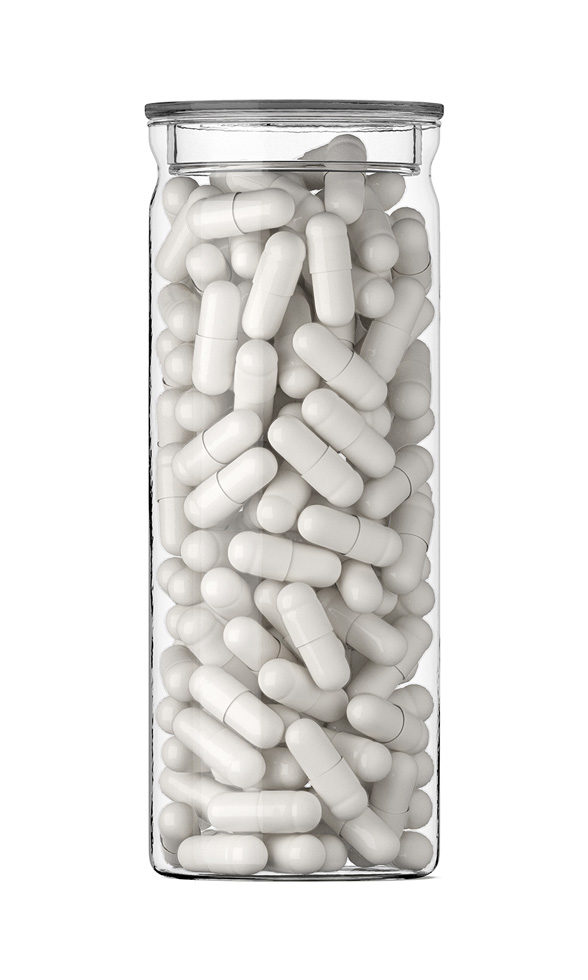
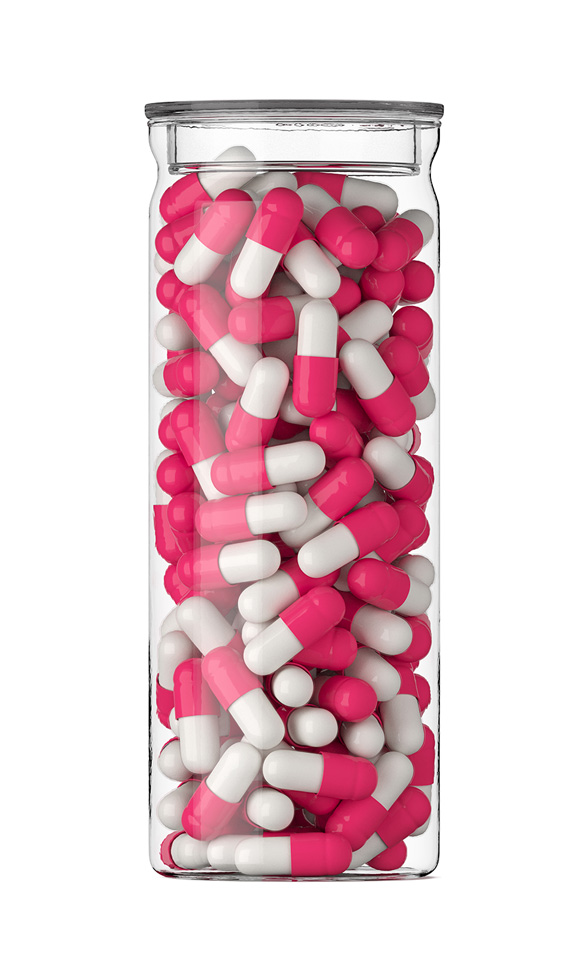 Biotin / Minoxidil / Spironolactone Capsules
Biotin / Minoxidil / Spironolactone Capsules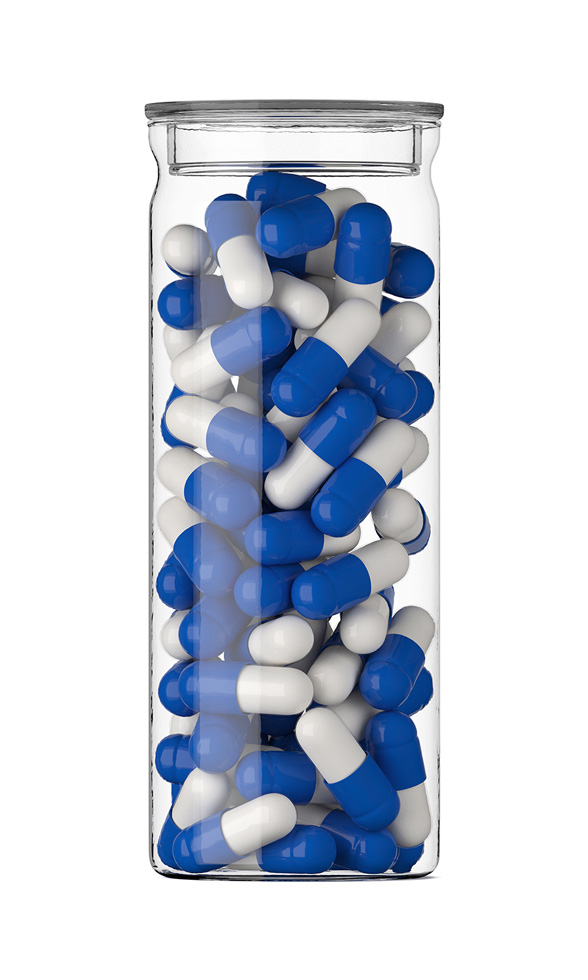 Biotin / Minoxidil Capsules
Biotin / Minoxidil Capsules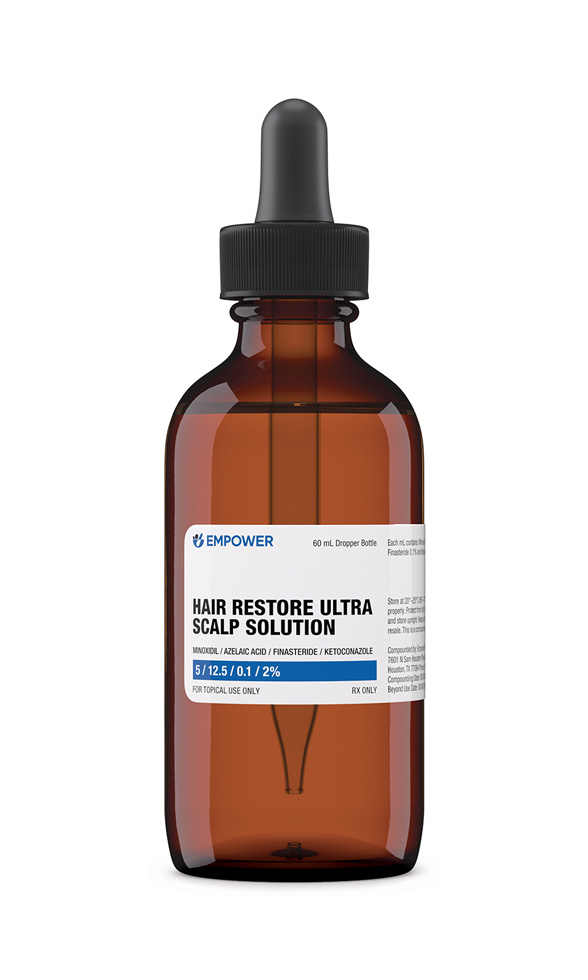 Hair Restore Ultra Scalp Solution
Hair Restore Ultra Scalp Solution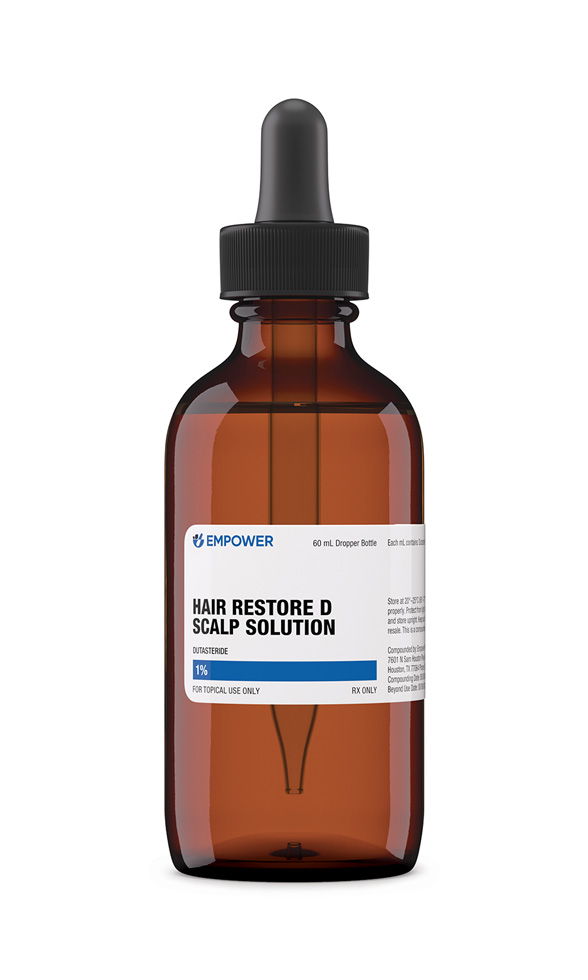 Hair Restore D Scalp Solution
Hair Restore D Scalp Solution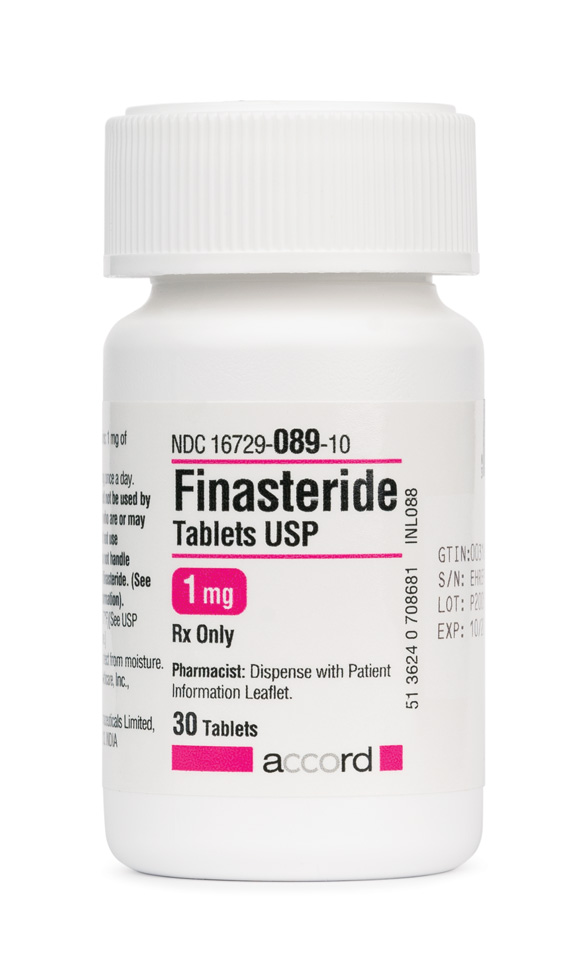 Finasteride Tablets
Finasteride Tablets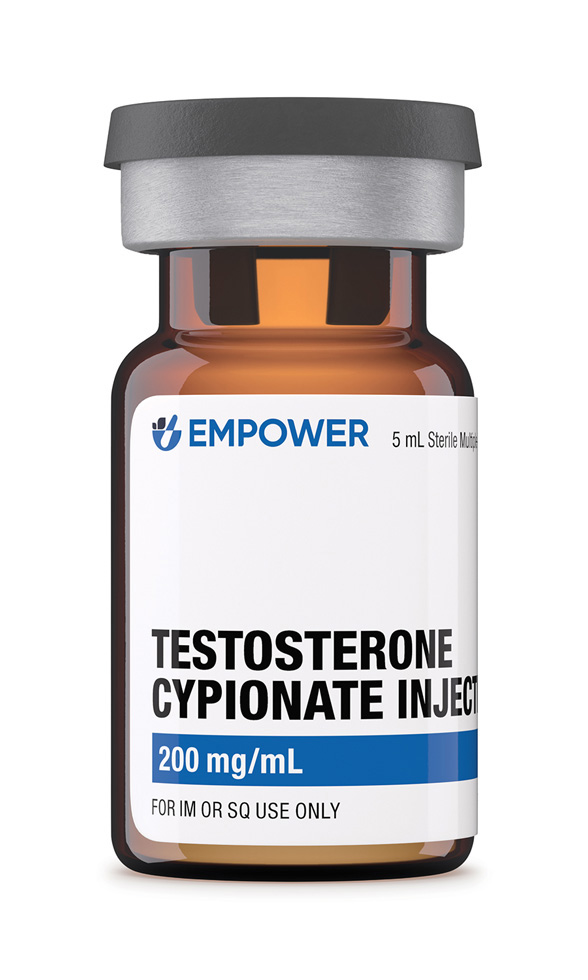 Testosterone Cypionate Injection
Testosterone Cypionate Injection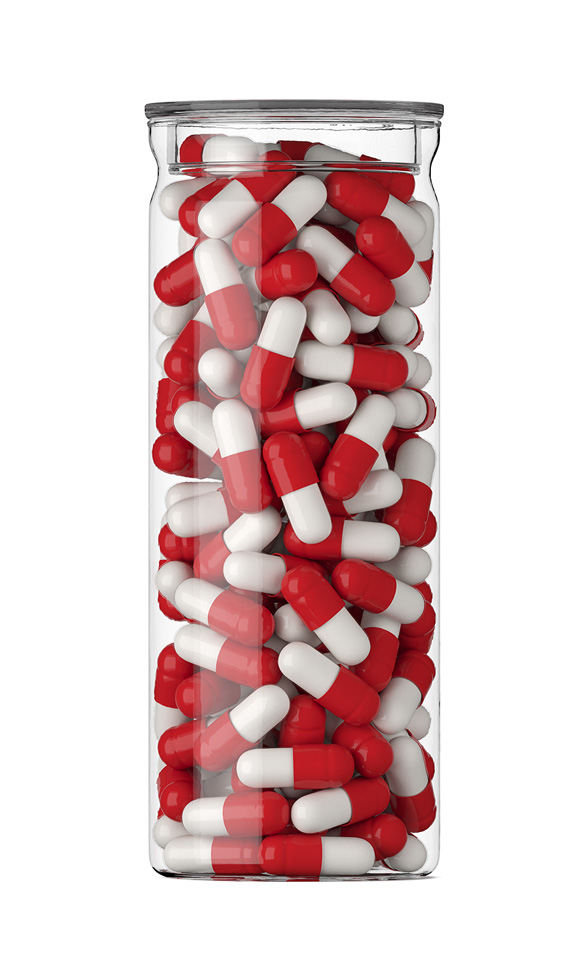 Anastrozole Capsules
Anastrozole Capsules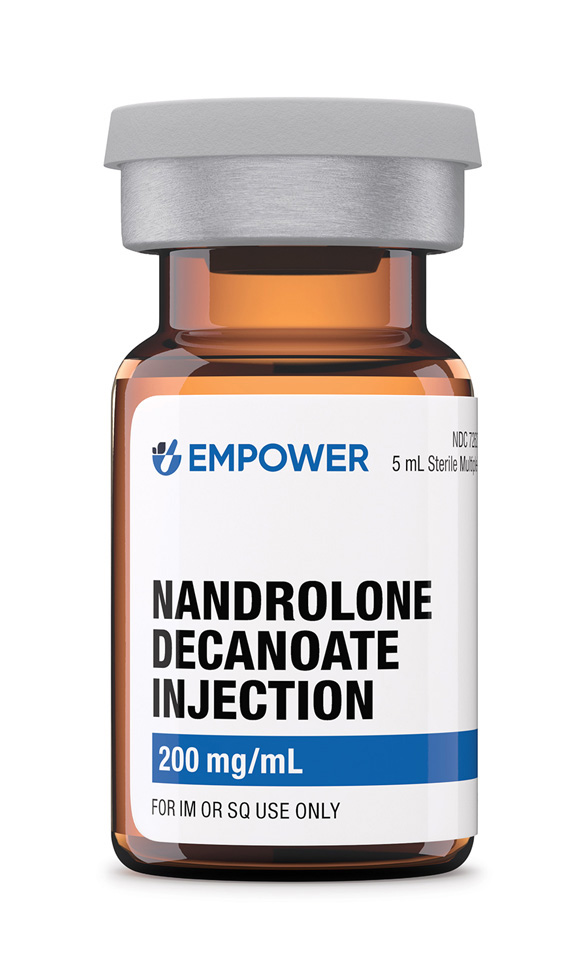 Nandrolone Decanoate Injection
Nandrolone Decanoate Injection